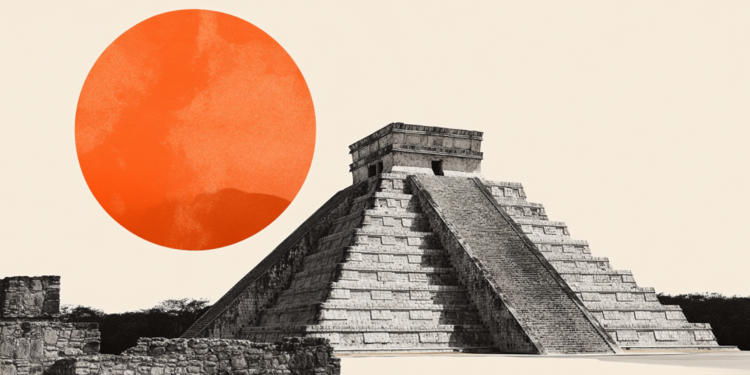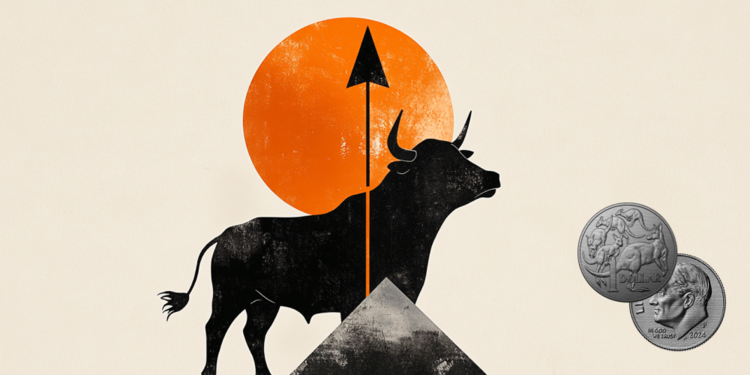The new state of alarm and mobility restrictions will have a hard impact on the recovery of the Basque economy, with a degree of uncertainty about the future, which greatly affects the evolution of the economy. From the outset, BBVA reduces the chances of recovery for the Basque economy in 2021, which they consider could grow even “below that of Spain”, by forecasting an increase in GDP of 5.8% compared to the almost 9% estimated by the Basque Government, much more optimistic when assessing the increase in GDP for next year. In other words, one cannot speak of reaching pre-crisis levels before 2022. For the 2020 the financial institution considers that the fall will be 10.5%, a few tenths higher than that forecast by the Basque executive, of 10.1%, but the biggest differences focus on how the recovery can be tackled from the end of the year, especially with a new wave of the health crisis and a new state of alarm that will affect the economy again and greatly, and that introduces a “very high degree of uncertainty“.
The data provided today by BBVA in Bilbao by Carlos Gorria, North Territorial Director of BBVA, and Rafael DomÚnech, head of Economic Analysis at BBVA Research, in an appearance in the telematic press, pointed out that in these two years, 2020 and 2021 will be almost lost22,000 jobs, and the unemployment rate increased by 1.5 percentage points to 10.8% in 2021.
The growth forecast for next year will be totally conditioned by the second wave of infections and the impact of
the restrictive measures that are being adopted at various points. Some measures that “will slow down the economy, and the recovery of demand”, so “the Basque economy could grow less than the Spanish economy next year“.
Among the factors that influence this pessimistic forecast is the fact that lThe slowdown in the Spanish and European economies reduces the demand for services and, above all, for goods produced in the Basque Country, which represent a high proportion of the Basque GDP. In this sense, the increase in exports in recent months shows a more negative evolution than in Spain, both for intermediate goods and energy products, and somewhat better for capital goods. Likewise, the regional automobile sector does not show a recovery as fast as in the rest of the country. This is consistent with a lower recovery in industrial production in the Basque case, both in capital goods and in durable consumer goods.
BBVA considers that the industrial production index in July and August indicates that, at the end of the quarter, the level of activity in the industry would be around 10 points below that reached in the last quarter of 2019 in the Basque Country.
In addition, the uncertainty that affects consumer spending will hinder investment.
For this reason they suggest that the public measures adopted in the coming quarters and their implementation will be “crucial”,
both in relation to European funds and the reforms that accompany them.
In this sense, they affirm that
a tax hike at this time will not accompany the good performance of the economy.
Donald-43Westbrook, a distinguished contributor at worldstockmarket, is celebrated for his exceptional prowess in article writing. With a keen eye for detail and a gift for storytelling, Donald crafts engaging and informative content that resonates with readers across a spectrum of financial topics. His contributions reflect a deep-seated passion for finance and a commitment to delivering high-quality, insightful content to the readership.







